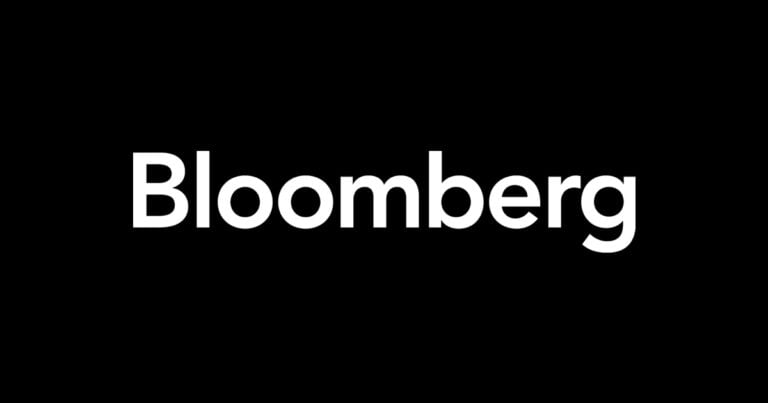As the World Shifts, So Should Leaders
Research shows that different eras call for different approaches.
Summary: Two decades ago, extensive research led Nohria, the former dean of Harvard Business School, to conclude that the hallmark of great leadership is the ability to adapt to the times. Today, he says, we’re in a period of significant change, thanks to global events, governmental responses, technological changes, and shifts in demographics, social mores, and labor relationships. Here he discusses those developments and the skills that CEOs will need to successfully steer through them
More than 20 years ago my colleague Anthony Mayo and I launched the most ambitious research project I’ve ever undertaken. We started with a question: What are the defining characteristics of extraordinary business leaders? To answer it, we created a list of 1,000 outstanding 20th-century American business leaders and studied each in depth.
What we found surprised us: Great leaders were defined less by enduring traits and more by their ability to recognize and adapt to the opportunities created by a particular moment. They could sense the zeitgeist—the spirit, mood, ideas, and beliefs that define a period—and seize it.
Effective leadership, in other words, is largely context-specific: The same person who succeeds in one era might fail miserably in another. The zeitgeist, according to research we first published in HBR in 2005, is shaped by six factors: global events, government intervention, labor relations, demographics, social mores, and the technology landscape. Individuals who can recognize shifts in those factors and exploit them have what we call “contextual intelligence.”
The most recent leadership transition at Apple illustrates how contextual intelligence matters. During the 2000s, Steve Jobs helped the company prosper by stringing together a series of breakthrough innovations, including the iPod and the iPhone. Since Jobs’s untimely death, in 2011, Tim Cook has led Apple in an era of increased smartphone competition. Cook, an MBA who built his career managing Apple’s supply chain, fits these times perfectly, emphasizing not new products but services that create a vibrant and profitable iOS ecosystem.
Recognizing that product innovation was likely to be incremental, Cook found a different vector for Apple’s success. And in an age when employees expect their leaders to be more vocal on societal concerns, Cook has become a visible advocate for LGBTQ issues. He’s not the same kind of leader as Jobs, but his contextual intelligence has helped him respond to the changing zeitgeist. And the results have been spectacular: On his watch, Apple’s market capitalization has grown eightfold.
The Signs of a Shift
Why revisit this research now? Because as the Covid-19 pandemic becomes endemic and as the war in Ukraine reprises the Cold War, it’s clear that we’re experiencing a zeitgeist shift. Let’s review the six factors I mentioned earlier:







